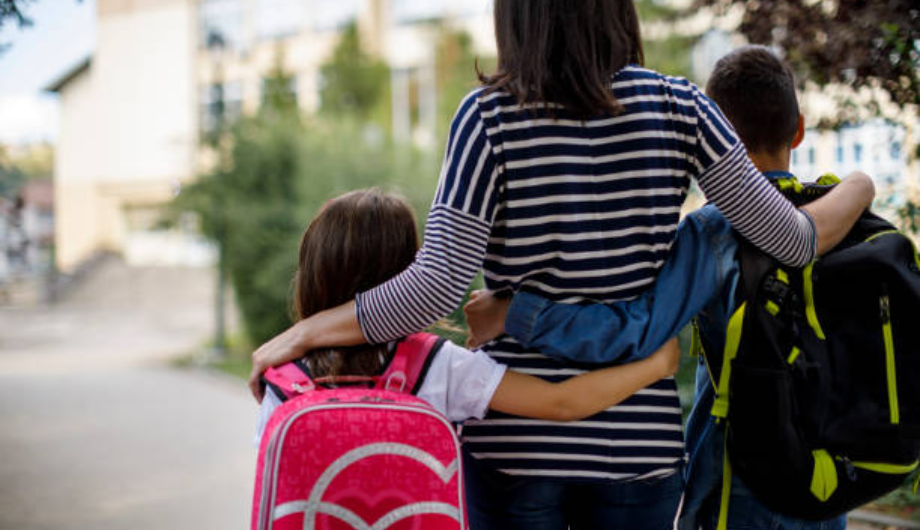
The ‘Safe at Home in Scotland’ project was a series of online engagements with domestic abuse services and frontline professionals (both in the third sector and statutory agencies) to understand and plan for the impact of Covid-19 on adult and child victims and survivors of domestic abuse in Scotland.
Lockdowns resulting from Covid-19 presented many challenges for adults and children living with domestic abuse, and the professionals working hard to support them. For many, lockdowns within the home did not represent a safe space.
As part of the Safe at Home in Scotland project we also ran a survivor consultation to hear directly from victims and survivors of domestic abuse in Scotland about their experiences and needs during Covid-19. Safely reaching people experiencing abuse was especially hard during the pandemic so the consultation response rate was quite low, but the survivors who did respond provided valuable insights.
Lockdown brought up feelings of isolation I felt at the time of the abuse…hearing about how others felt sorry for themselves in isolation made me feel resentful as nobody cared about my isolation during abuse.

 In another podcast created by the Scottish Violence Reduction Unit, Jen Douglas, SafeLives’ Engagement Lead, discussed the impact of Covid-19 on victims and survivors and how people could get support.
In another podcast created by the Scottish Violence Reduction Unit, Jen Douglas, SafeLives’ Engagement Lead, discussed the impact of Covid-19 on victims and survivors and how people could get support.
